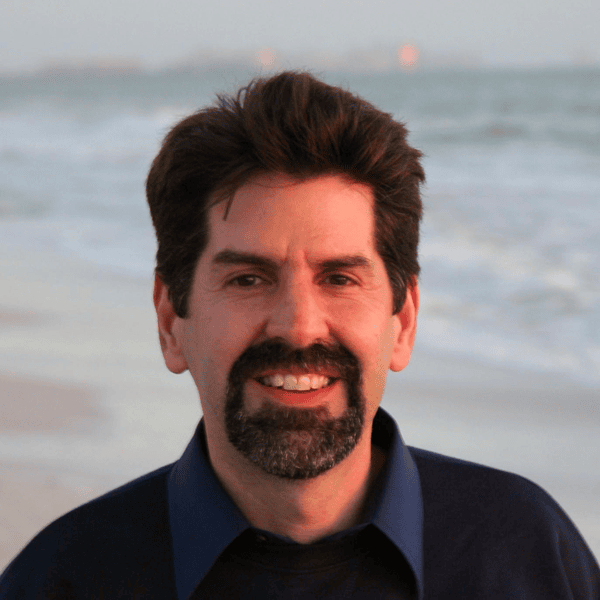For those who enjoy echoes of the present in the past, a brief tour through Frederick Jackson Turner’s papers at the Huntington Library during the Bridging Cultures conference turned up a few treasures that might be of interest. Turner’s correspondence contained candid assessments of both students and colleagues—here are just a few of the morsels I uncovered.
Perhaps you are troubled by the dominance of sports teams on your campus (in terms of both attention and resources)? Joseph Schafer shared your view. In 1910, Schafer, from the University of Oregon, complained about “the excessive deference by our authorities to the athletics and other internals of college life which are directed by persons lacking in ideals, whose sole aim is success and applause.” Not surprisingly, perhaps, he spent the next decade seeking employment elsewhere, and ultimately went on serve as head of the Wisconsin Historical Society.
Maybe you wish your students would hit the books a little harder? Frederick Jackson Turner—by all accounts one of the great teachers of our discipline—reported to a colleague in 1911 that even at Harvard “when I announced that the way of salvation lay through the library, they left in sadness rather than anger.” He noted with regret that “these men are mighty promising stuff if they could set fire to their purposes … . But the extra-legal activities are too engrossing and the traditions of avoiding the reputation of grassy grinds are in the way of their own interests.”
Even some of the professional back-biting that faculty complain about today found its way into Turner’s correspondence, and aimed at historians held in the highest esteem today. Claude Halstead Van Tyne, for instance, indicated in 1911 that he was quick to dismiss 1931 AHA president Carl Becker “as curt, indifferent, and wanting in the social amenities.” Turner tried to defend Becker’s character, noting he was “the most scholarly undergraduate student I ever had,” but unfortunately references from two other faculty members “were so unfavorable on the personal and teaching side” that Becker’s opportunity for appointment at the University of Michigan was scuttled.
The challenge of dipping into the past is often the tendency to see similarities where the differences may be more interesting, but occasionally the resonances can provide a healthy perspective on today’s challenges.

